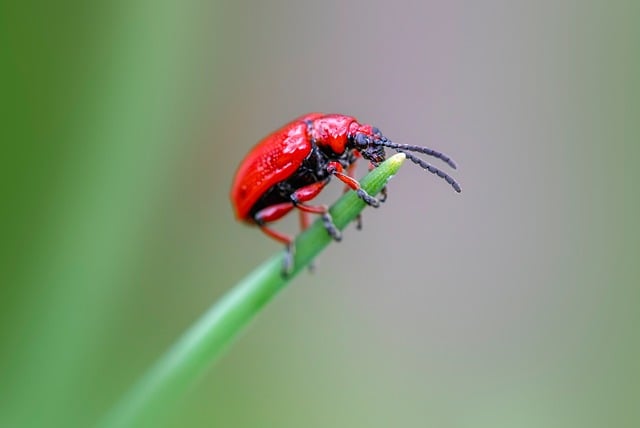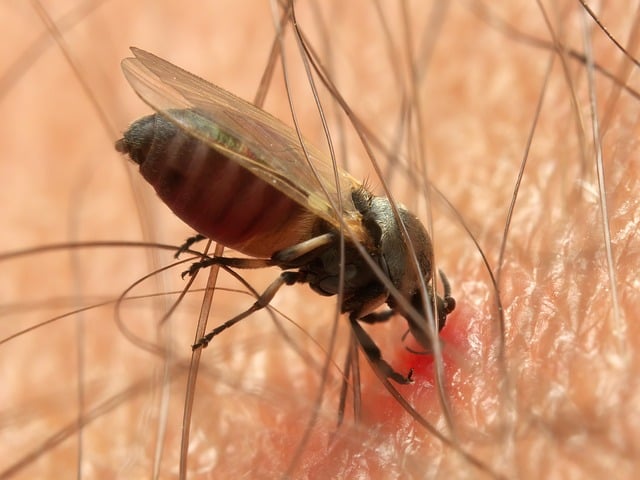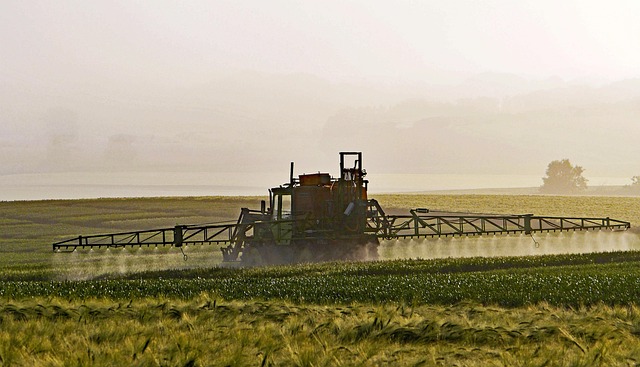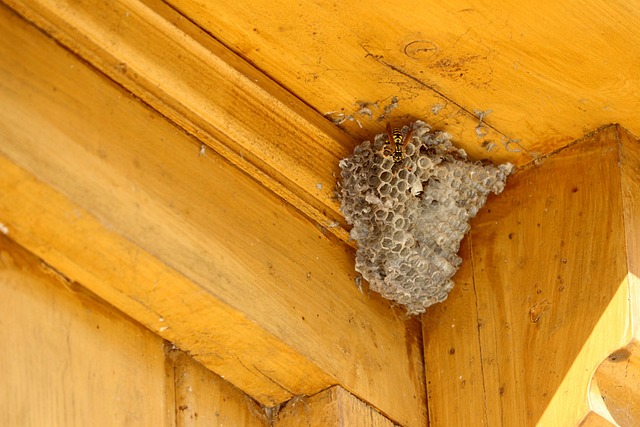In Castle Rock, sustainable pest management for vegetable gardens follows a holistic, eco-conscious approach that minimizes synthetic chemical use. This involves prevention, monitoring, and controlled intervention strategies like companion planting, crop rotation, and organic pesticides. Real estate inspectors play a crucial role by promoting IPM practices, educating homeowners on biological controls and organic solutions, ensuring healthier ecosystems, safer produce, and the longevity of vegetable gardens within the community.
In Castle Rock, sustainable pest management for vegetable gardens is not just a trend but an essential practice for homeowners and real estate inspectors. This comprehensive guide explores the multifaceted approach to understanding and controlling pests in vegetable gardens, with a focus on eco-friendly methods. We delve into the significance of inspections, highlighting how real estate professionals can promote healthy horticultural practices while ensuring properties meet market standards. By combining knowledge and sustainable practices, we can achieve both a thriving garden and a pest-free environment.
- Understanding Pest Control in Vegetable Gardens: A Comprehensive Guide
- Sustainable Practices for Effective and Eco-Friendly Inspections
- The Role of Real Estate Inspectors in Promoting Healthy Horticultural Practices
Understanding Pest Control in Vegetable Gardens: A Comprehensive Guide

Pest control in vegetable gardens is an essential aspect of sustainable gardening in Castle Rock. It involves a holistic approach to managing pests naturally, minimizing the use of synthetic chemicals, and promoting a balanced ecosystem. Sustainable pest management for vegetable gardens focuses on prevention, monitoring, and controlled intervention. By understanding the life cycles of both plants and pests, gardeners can create conditions that discourage harmful insects while encouraging beneficial ones. Companion planting, crop rotation, and organic pesticides are effective tools in this strategy.
A comprehensive guide to sustainable pest control should educate gardeners about identifying common vegetable garden pests, their damage patterns, and early warning signs. Regular inspections enable prompt action, reducing the need for intensive chemical treatments. Organic pesticides, derived from natural sources, offer targeted control while minimizing environmental impact. Additionally, promoting healthy soil through proper fertilization and watering creates resilient plants better equipped to withstand pest attacks. This integrated approach ensures a bountiful harvest while preserving the ecological balance of Castle Rock’s vegetable gardens.
Sustainable Practices for Effective and Eco-Friendly Inspections

In the realm of sustainable pest control, particularly for vegetable gardens in Castle Rock, real estate inspections can be conducted with an eco-conscious approach. Instead of relying heavily on chemical pesticides, professionals are embracing integrated pest management (IPM) strategies that minimize environmental impact while maintaining garden health. This involves regularly monitoring plants for signs of pests and diseases, as well as implementing cultural controls like proper planting distances and crop rotation. By fostering beneficial insects and using organic treatments when necessary, inspectors can ensure the longevity and productivity of vegetable gardens while promoting sustainable pest management practices.
When conducting inspections, eco-friendly tools and techniques play a pivotal role in achieving sustainable pest management for vegetable gardens. These include using traps that attract and capture pests without harming them, employing natural predators like ladybugs and lacewings, and selecting plant varieties resistant to common pests. Additionally, organic pesticides derived from natural ingredients are preferred options over synthetic alternatives. Embracing these sustainable practices not only benefits the garden but also contributes to a healthier ecosystem in Castle Rock’s vibrant gardening community.
The Role of Real Estate Inspectors in Promoting Healthy Horticultural Practices

Real estate inspectors play a crucial role in promoting healthy horticultural practices, especially when it comes to sustainable pest management for vegetable gardens in Castle Rock. During routine inspections, they can identify potential issues like pest infestations or poor gardening techniques that may negatively impact the environment and human health. By educating homeowners and providing recommendations, inspectors contribute to the adoption of eco-friendly methods, such as biological control, integrated pest management (IPM), and organic pesticides.
These practices not only protect the ecosystem but also ensure the safety and quality of produce grown in vegetable gardens. For instance, real estate inspectors can guide homeowners on proper plant spacing, which reduces competition for resources and minimizes stress, making plants more resilient to pests. Additionally, they can advise on the use of companion planting, where certain plants are grown together to deter pests naturally, thereby reducing the need for chemical interventions.
Pest control inspections play a vital role in ensuring the health and longevity of vegetable gardens, especially in areas like Castle Rock where sustainable practices are increasingly important. By combining comprehensive knowledge with eco-friendly methods, real estate inspectors can promote harmonious coexistence between nature and agriculture. Adopting sustainable pest management strategies not only benefits local ecosystems but also encourages homeowners to engage in healthy horticultural practices, fostering vibrant and bountiful gardens for years to come.
